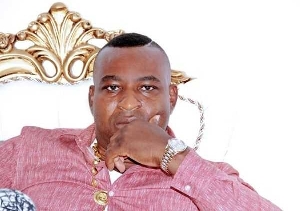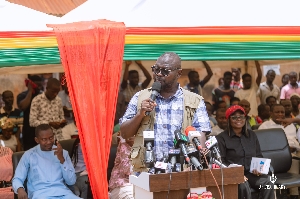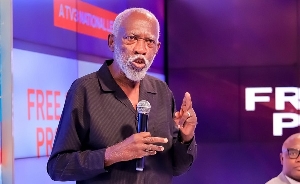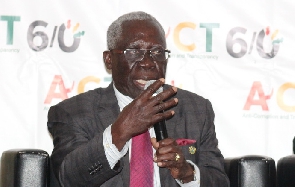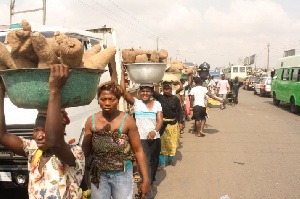 Kayayei are mostly women from the three Northern Regions who migrated down south to work
Kayayei are mostly women from the three Northern Regions who migrated down south to work
PURIM African Youth Development Platform (PAYDP), a youth advocacy group, has called for national structures and strategic interventions for the development of girls, especially those from the Northern, Upper East, and Upper West regions.
PAYDP said Ghana must put in place holistic structures across the country, which would eliminate migration, especially girls, from other parts of the country to Accra in search of greener pastures but ended up working as head porters (Kayayei).
Mrs Aku Xornam Kevi, the Chief Executive Officer of PAYDP, who made the call, explained that such interventions would help ensure the development of those individuals who, otherwise, would have ended up on the streets and become possible victims of teenage pregnancy.
“It is a mandate of state institutions to find the best mode of implementing policies and programmes that will either keep the young girls in schools or acquire skilled profession,” she said.
“This should not be the sole responsibility of NGOs and companies, instead, there is the need for joint interventions like learning a vocation, training, education on sexual reproductive health rights and sensitisation,” Mrs Kevi said.
Mrs Kevi was speaking at a National “Kayayei” Stakeholders and Coalition Meeting in Accra on the theme: “Provision of Integrated Legal Literacy, Livelihood Skills Training and Adolescent Sexual Reproductive Health and Rights Services for Female Head Porters in Selected Urban Markets from Three Regions in Ghana.”
She said an integrated model programme, dubbed: “Ending Child Marriage in Ghana,” sponsored by the United Nations Population Fund (UNFPA) had been rolled out to build consensus on collective approaches by stakeholders to facilitate coherence in addressing issues affecting “Kayayei”.
She said the project targeted girls between ages 10-19 years in the Greater Accra, Ashanti and Brong Ahafo regions.
“And we are using tools that will help them make informed decisions, and improve their economics status through vocational trainings to reduce their vulnerabilities to Gender Based Violence and it consequences including child marriage and co-habitation,” she said.
Mrs Kevi said: “So far, 100 girls have been trained in the production of detergents, making of bags with beads, beads accessories, and the packaging of products”.
Mr Foster Adzraku, the Project Coordinator of the Child Marriage Unit at the Ministry of Gender, Children and Social Protection, said the Ministry was developing a model to engage and equip the “Kayayei” to help them make informed choices.
Mr Emmanuel Anaman-Mensah, the Director of Technical, Projects and Procurement at the National Youth Authority (NYA), urged the girls to enroll at the various skills training institutes of the NYA in the 10 regions so as to be empowered.
He noted that there were no specific academic qualifications or monetary requirements that should deter them from enrolling.
Madam Selina Owusu, the Gender Analyst of UNFPA Ghana, said the Fund had been working with Kayayei since 2008 to find solutions and strategies for their development.
Some of the Kayayei who spoke to the Ghana News Agency called for the establishment of vocational training centres at the Northern, Upper East and Upper West regions to equip them with the needed skills rather than they being forced into early marriages with men old enough to be their fathers and grandfathers.




